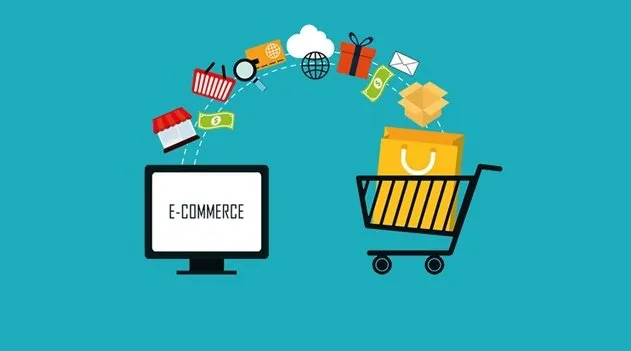Creating a new consumer behaviour

Online shopping categories today have become more diverse than in the past, when the most popular items to buy online included household and electronics appliances, clothes, stationery, snacks, and local specialties.
In addition to the above-mentioned traditional products, there has been a sharp increase in the consumption of processed and fresh foods, ranging from meat, poultry, seafood, to green vegetables. There is also a shift in the payment methods as more people turn to making payment by bank transfer and e-wallets.
Many businesses have quickly adapted in response to the surge in online shopping demand by offering various promotional activities for online customers. They have also fostered social media marketing to reach a wider range of customers while improving their delivery services.
Resultantly, a dramatic increase in online orders has been seen not only among e-commercial platforms such as Shopee, Tiki and Lazada, but also major retailers including VinMart, Saigon Coop, Big C, and BRG, with some of them even attainting a growth rate of 150% year-on-year.
In May 20144, the Government approved a national programme to develop e-commerce for the 2014-2020 period with a target to make online shopping a regular habit for customers and for payment cards to be used widely to reduce the use of cash.
According to the Ministry of Industry and Trade, the country’s e-commerce has seen annual growth of 35% in recent years. Notably, the revenue from the e-commerce sector accounted for 4.2% of the total retail sales of goods and services in 2019.
According to experts, prior to the COVID-19 outbreak, the size of Vietnam’s e-commerce market was expected to reach US$13 billion in 2020. However, online shopping is relatively popular among residents in urban areas as most of Vietnamese prefer to shop instore to see the products. This habit is the result of a lack of customers’ trust in product quality and time of delivery.
The Covid-19 epidemic has forced many people to navigate to online shopping. At the same time, it offers a valuable opportunity for businesses to utilise e-commerce channels to gain customers’ trust. If businesses can address the limitations of e-commerce while ensuring their product quality, delivery time and after-sales services, online shopping will become a preferred consumer behaviour, which can foster the sustainable development of e-commerce and non-cash payments.
E-commerce benefits both businesses and customers as it helps to address the limitations of traditional retail, such as eliminating travel time and costs while clearing away temporary markets on many streets, thus contributing to the improvement of urban planning in big cities.





